Sweden became a center for assassinations and grenade attacks, and Finland should avoid these mistakes - Swedish expert: "We were naive"

Sweden has failed in policing, schools and integration, Swedish experts say.
They have a tip for Finland: take the early signals of gang closure seriously.
The 5- and 6-year-old children, who were playing a couple of weeks earlier, are in the middle of a fire at Visättras.
In September 2021, a hand grenade will be thrown wrong to the living room of the apartment in Sollentuna.
The news of the violence coming from Sweden is startling. There are shootings or explosions almost every day, and bystanders are also subjected to brutal violence.
There are dozens in Stockholm aloneorganized gangs fighting for power and drug trafficking territories. They are not limited to so-called problem suburbs or marginalized immigrants.
An example of this came in October when Einár, the child of Sweden’s third most streamed artist, actress and restaurateur, was executed in the middle of Stockholm. Assumed assassination of a 19-year-old joined the gang showdown.
Gang violence is already “ gigantica social problem, ” Stefan Löfven admitted to HS after resigning as Swedish Prime Minister.
How has Sweden gotten to this point?
This story is about what mistakes have been made in Sweden and what other countries could learn from them. Police have also reported gang violence in Finland .
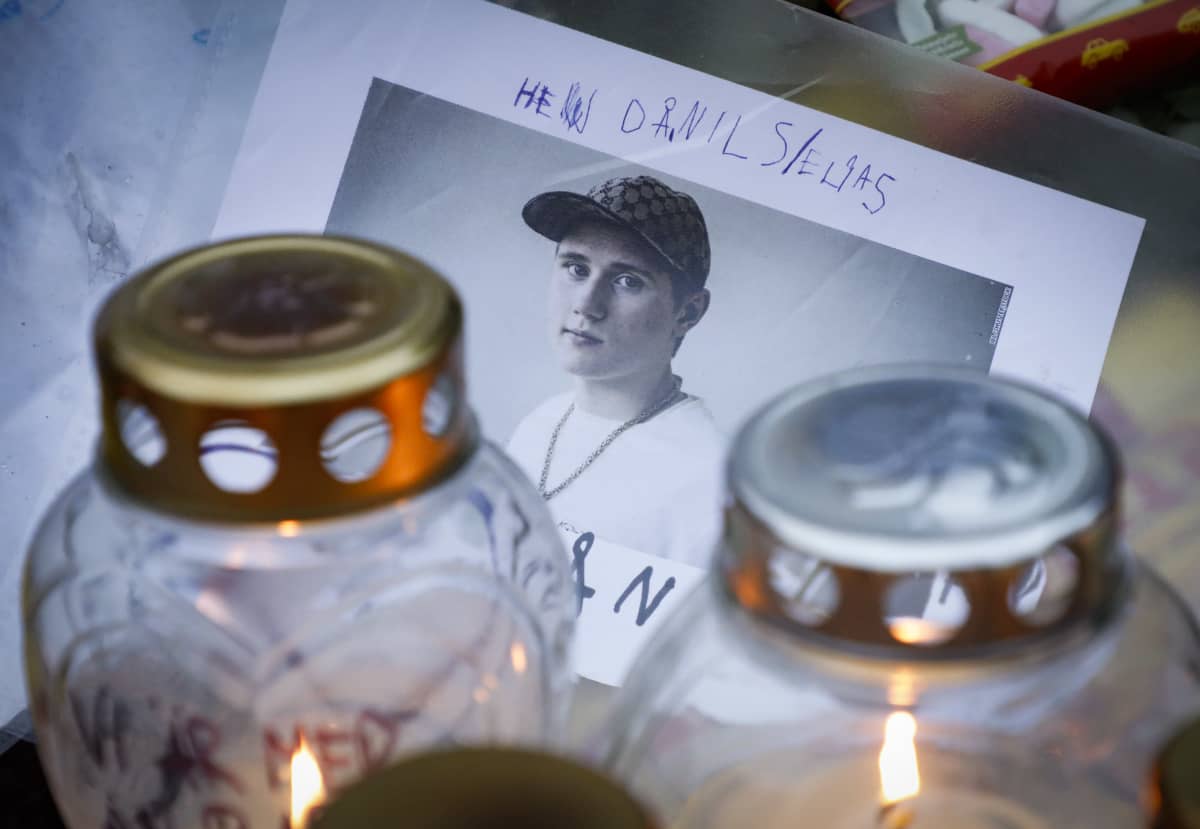
1. Police did not stop the criminals in time
Swedish police did not detect any signs of an increase in crime and did not respond effectively.
Police receive the most criticism from the Swedish experts interviewed by Yle. There have been signs of gang crime escalating for years, but police have been on the trail and have not focused their efforts on a high-quality investigation into it.
The gangs are not born out of nowhere. Organized crime gained a foothold in Sweden as early as the 1990s, when motorcycle gangs became more professional. In the 21st century, street gangs appeared in the suburbs.
- As a society, we did not react strongly first to motorcycle gangs and then to street gangs, says Amir Rostami, assistant professor of criminology at the University of Gävle.
He has investigated organized crime and worked as a police officer for gang crime.
When criminals have seen that little of what follows from the shooting, it has fueled the phenomenon, Rostami says. Elsewhere, criminal groups prefer a low profile, but in Sweden they have become rude.
He calls some of the clans who rule the suburbs already a mafia.
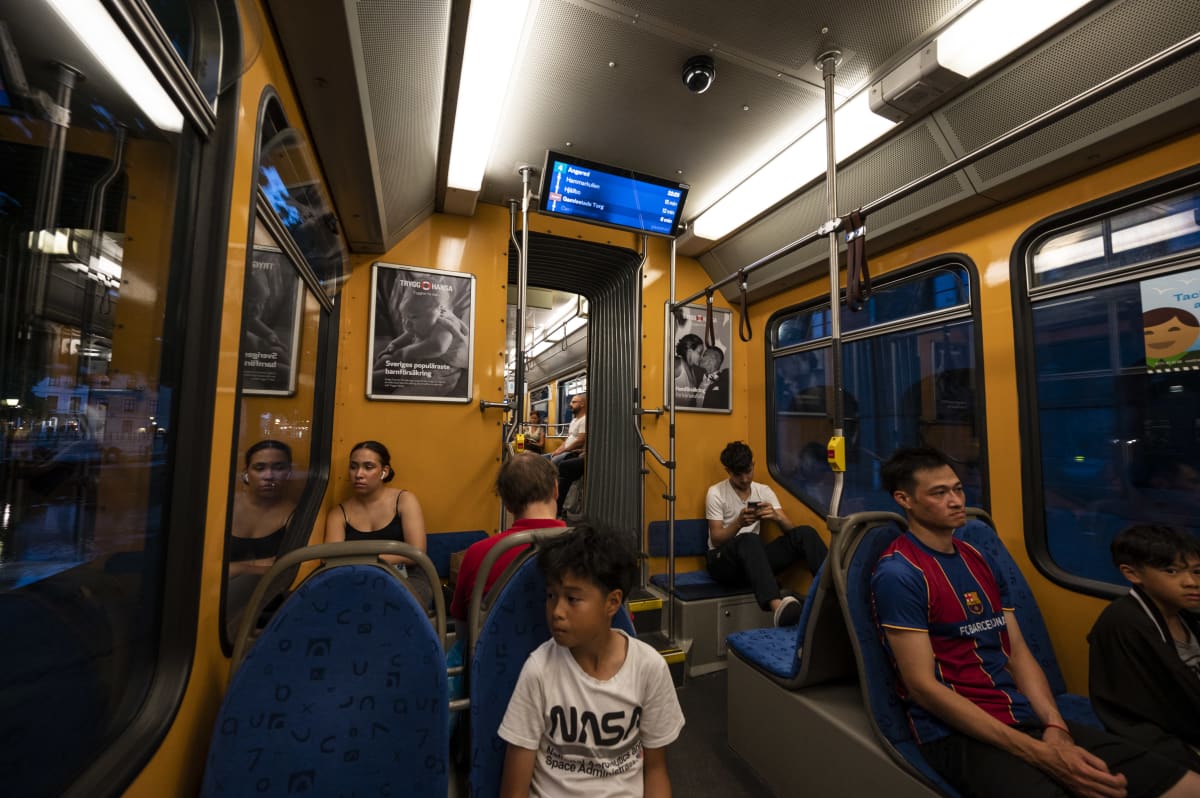
In Sweden, politicians have talked a lot about police resources and are raising the number of police officers to 38,000 by the end of 2024. For comparison: There are about 7,450 police officers in Finland.
Success is not just about resources, says Karin Svanberg . He leads the development of crime prevention in the Swedish Crime Prevention Council.
- I do not keep up with all the powers given to the police in recent years, he says.
He said police have failed to gain the trust of symptomatic communities. The important thing is to do things in the right order: first addressing day-to-day problems such as littering, snooping or open drug trafficking, then only more difficult issues.
Police work is driven too much by internal metrics, Svanberg and Rostami say. Even if the police seize a lot of guns, will it get the right guns away from the right people to make the streets safer? While the crime clearance rate looks good, will the most serious crimes, such as murders, be solved?
The answer is clear: do not solve.
- If you get one person behind bars, it can be a success for the police. But the conflict between the groups continues, Svanberg describes.
The police have been surprised, how little the arrests have had an impact and how quickly new members have joined the imprisoned gang members.
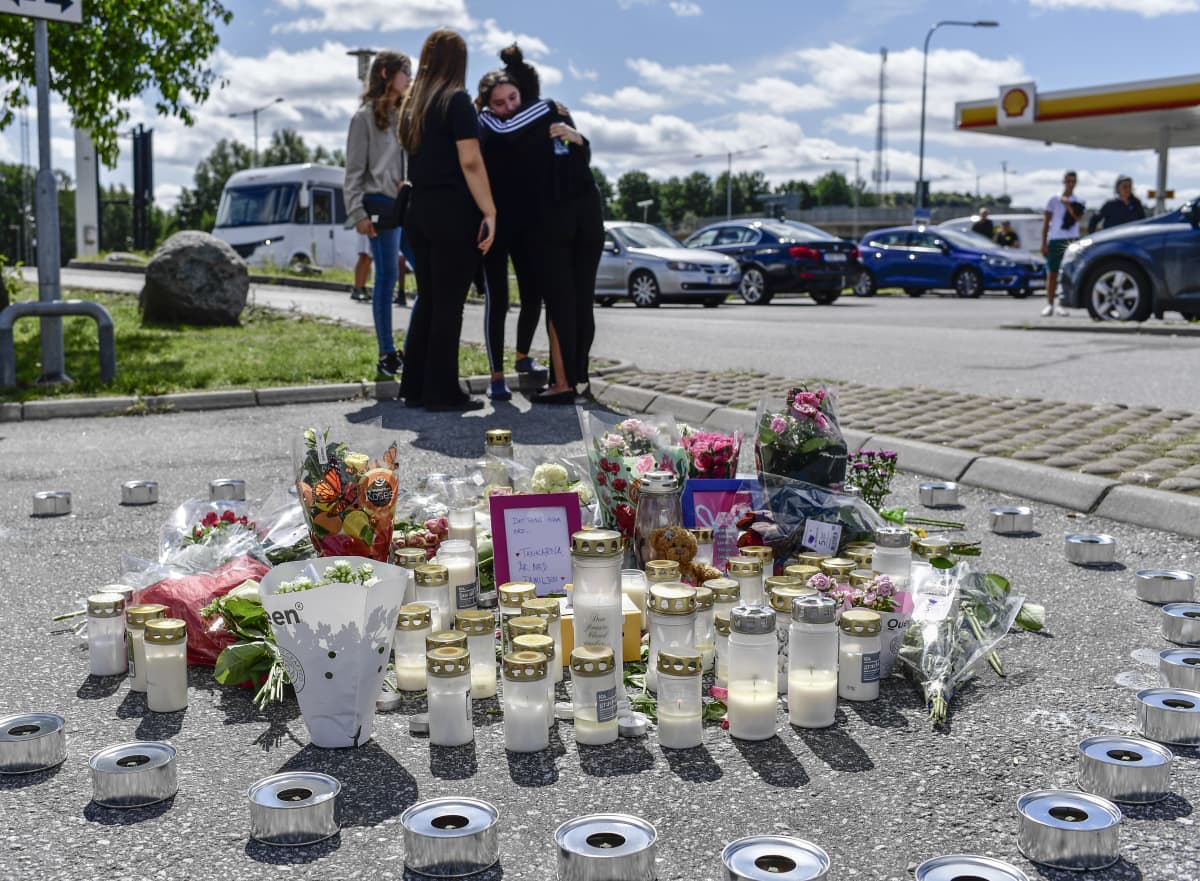
2. The punishments have been lepers
Young gang criminals have been treated with mercy.
Gang members are getting younger, often only 16-18 years old.
Convicts have been reduced in Sweden for children under the age of 21, as in Finland, and there are no tougher penalties for gang crimes, as in Denmark.
The resignation was woken up last year at the latest, when Swedish gang criminals in a neighboring country received harsh sentences.
In Denmark, 17-year-old shooters were sentenced to 16 yearsimprisoned when, in Sweden, they would have survived, according to the defense attorney, perhaps four years. Juvenile offenders are sent to closed youth homes in Sweden, from which they often escape.
The Swedish government is preparingnow tougher convictions, including for drug offenses and the recruitment of young people. In Finland, the tightening of gang-related punishments was recently announced by Interior Minister Maria Ohisalo (Greens) in Ilta-Sanomat.
Criminologist Amir Rostami says that attention must also be paid to the rehabilitation of young people if they are to be transferred more to prison.
- And the judgments will not solve the problem, because the gangs will then recruit new, younger members, Rostami points out.
This has already happened. Criminal groups have begun to exploit milder punishments for minors and recruit them more and more even for murders.
Today, the youngest gang members may only be 12 years old.
Rostami would also like tougher penalties for crimes of fraud and misuse of social benefits, with organized groups raising money.
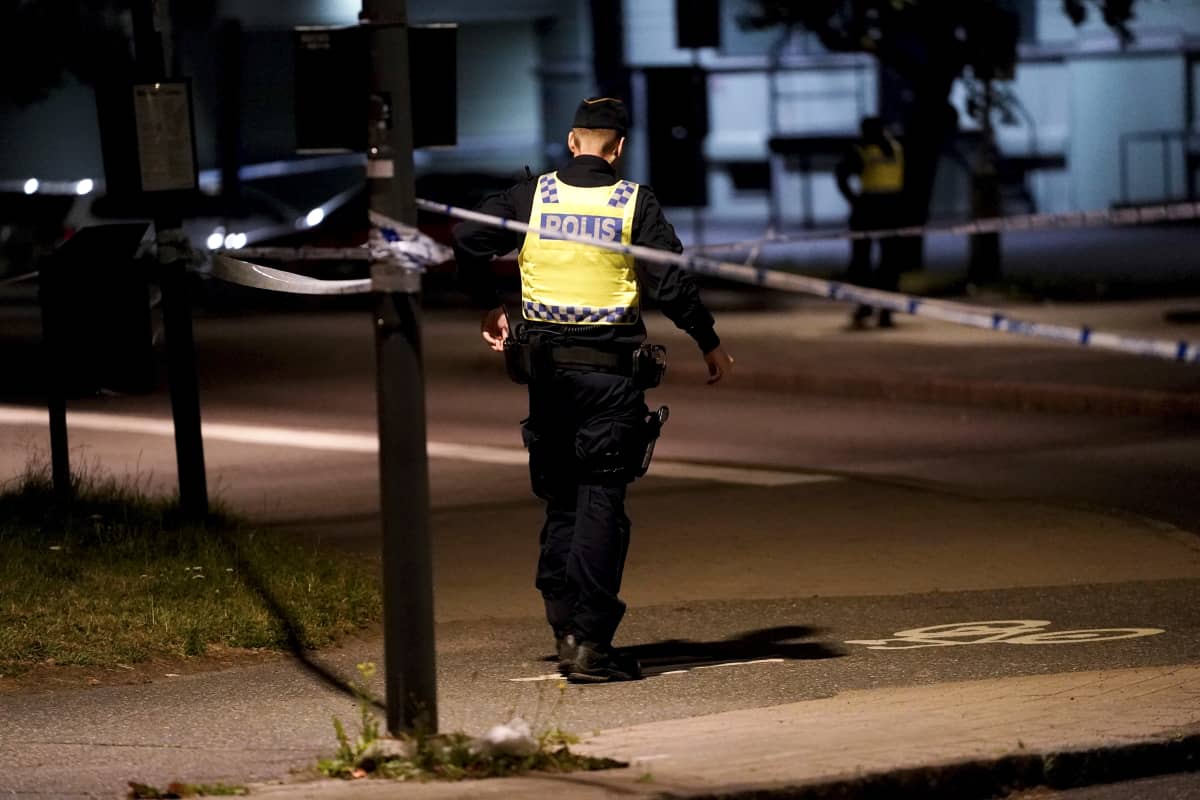
3. Sweden left immigrants alone in deprived neighborhoods
Free school choice and a one-sided housing stock have resulted in immigrants having no contact with Swedish everyday life.
Concrete suburbs were built in Sweden in the 1960s and 1970s, inhabited by foreigners, including Finns, who came after the work.
The suburbs are monotonous and it is not possible to advance in a “living career,” says Torbjörn, a professor of social work at Forkby Linné University. Almost everyone who is able to claw.
In order for the better off to remain part of the communities, different forms of housing should be created in them, Forkby says. When there are not even signs of Swedish society in the area, such as banks and retail chains, people are left to their own devices.
Now, in districts like Rinkeby, as many as 90 percent have a foreign background, 40 percent are under the age of 25, and nearly three times as many are unemployed as the Stockholm average.
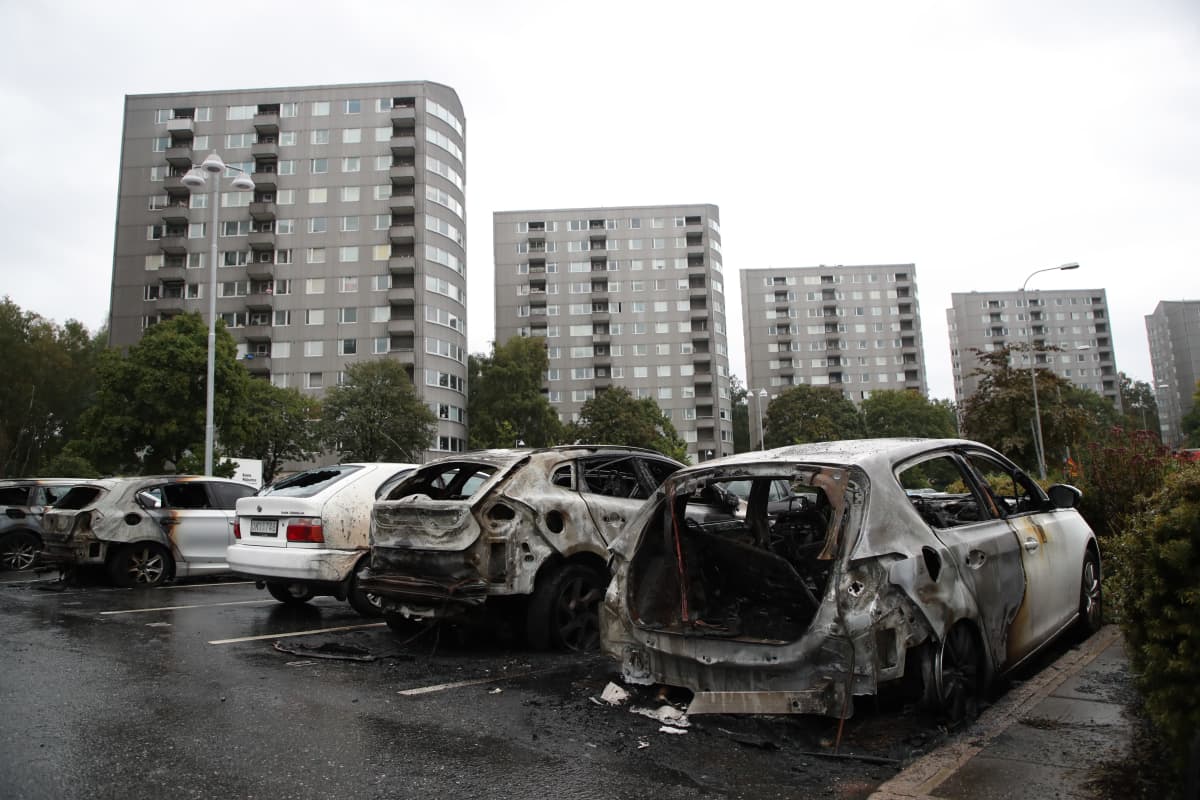
Torbjörn Forkby has investigated gang exits and vulnerable young people and says one of the things that has exacerbated the situation has been free school choice in Sweden.
Parents have taken their children out of schools they consider weak, leaving young people increasingly divided into winners and losers - including those with Swedish roots.
- The situation is really serious if we have schools where the majority of students think: so we are the ones who will not succeed in life, Forkby says.
In a situation like this, the only option for a young person may be a gang: it provides money, status, and security.
Last year, for the first time, Löfven acknowledged that the rise in gang violence was linked to large-scale immigration and that Sweden had failed to integrate newcomers.
That was big news, because Sweden has traditionally considered itself a model country for solidarity migration. In the 2015 refugee crisis, Sweden received 160,000 asylum seekers, the most in Europe.
- It would be foolish to say that the number of newcomers has nothing to do with how easy or difficult it is to adapt. If it receives more people, it will also require a more advanced integration policy, Forkby calls for.
According to him, the authorities should put more pressure on the creation of jobs and public spaces for the inhabitants of vulnerable areas, which would improve community spirit.
The residents themselves also suffer enormously from the gangs.
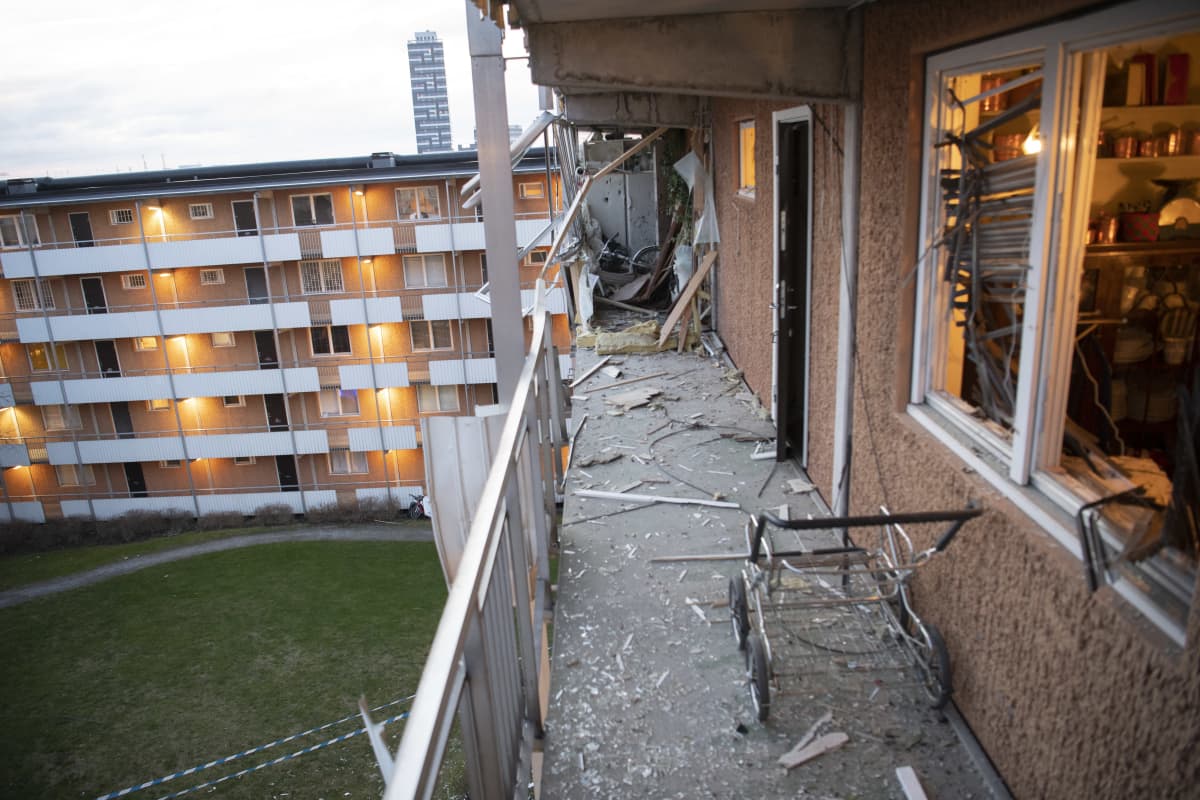
4. The Swedes have downplayed the problems
The Swedish consensus culture favors not reacting strongly.
The Swedes have long believed in themselves that the increase in shootings is only a transient phase, says Karin Svanberg, development manager at the Crime Prevention Council.
- We were all a little naive. No one thought that would happen in Sweden, Svanberg tells Yle.
In Sweden, there has been a desire to avoid stamping. The mentality is to move things forward in small steps, says criminologist Amir Rostami.
- Until a couple of years ago, only a few admitted that Sweden is moving in a different direction than other countries. Now almost everyone admits it, he says.
According to him, politicians are not acting long enough or offer a decent outlook for what Sweden expects in five or 15 years.
He recalls that in addition to gangs, there are many far-right and Islamist radicals in Sweden. He calls the phenomenon a Swedish contradiction.
- Sweden is one of the finest countries in the world, and the economy is booming. We have no problem with crime in general, but we have a problem with those who organize - be it politically, religiously or financially motivated, Rostami says.
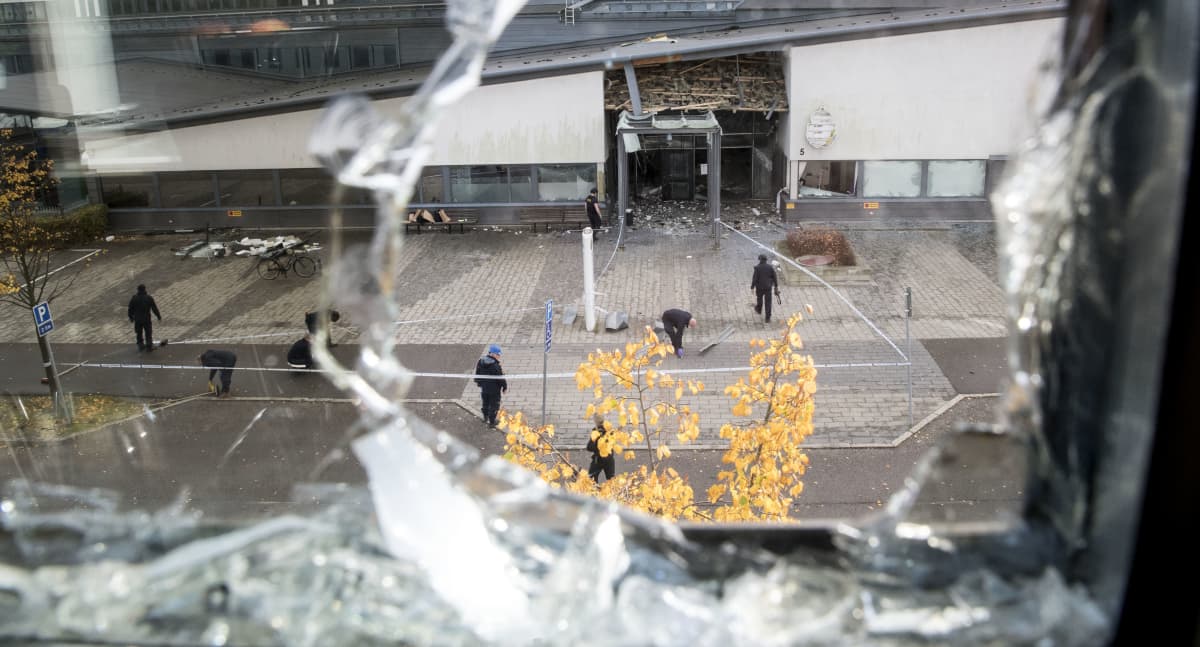
5. The authorities are stuck in bureaucracy
Social workers have not understood the dynamics of the gangs.
Sweden has good social services, but they have stuck to their formulas, Svanberg says. When the Helpers have asked about the Malmö pilot project from the gang members, what they would need to get rid of their lifestyle, the answer might have been: a bed.
- And it has to be given right away, because that week he might be shot or he might shoot someone. It cannot be said that come to the office in two months to apply for a commitment, Svanberg illustrates.
In Malmö, the shooting figures have been calculated with the cooperation of the authorities. According to Svanberg, they are constantly exchanging information because gang relationships are alive: allies can become enemies in an instant.
Social workers lack an understanding of the nature of gangs, says Professor Torbjörn Forkby, who researched the subject. They write individual assessments of young people and work remotely from them.
Too often, the situation of a young person is only addressed when it has escalated. His family may not even know who to contact if problems arise, Forkby says.
- Turn your eyes to schools, start at an early age. Be so close to the conditions of young people that you really understand what the future looks like for different groups, he advises Finns.
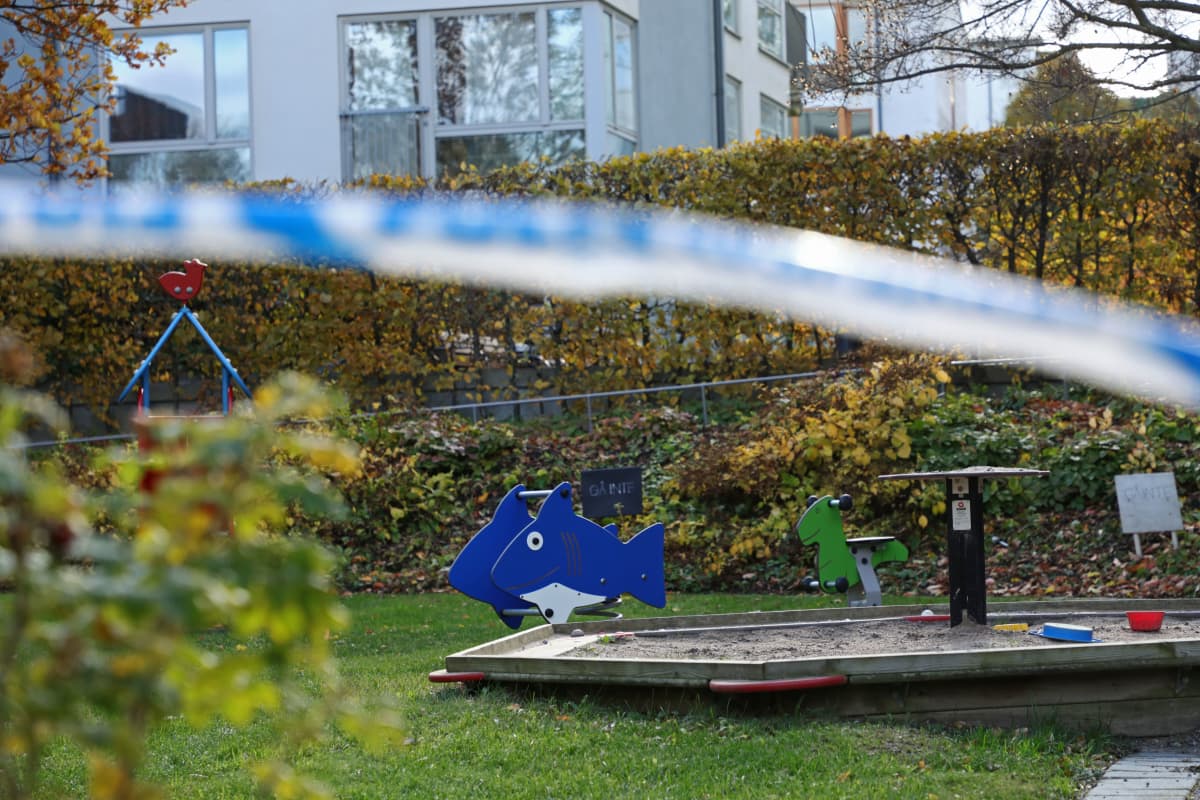
6. Violence has increased violence
Sweden has drifted into a difficult-to-manage spiral where gangs inspire each other.
Sweden is not alone in its problems. There are also many other countries with inequality, bad schools and even worse social services, Karin Svanberg points out.
So what makes Sweden special?
It’s a spiral of violence, Svanberg says.
The Swedes did not internalize that violence breeds violence and gangs give birth to more gangs. As the spiral of revenge deepens, the stakes harden. Before, another was shot in the knee, but now he is being killed - before he is killed himself.
Therefore, according to Amir Rostam, the same can happen in any country where there are gangs.
In Finland, the police have been concerned this autumn about street gangs whose activities have become more violent. Most gang members have an immigrant background.
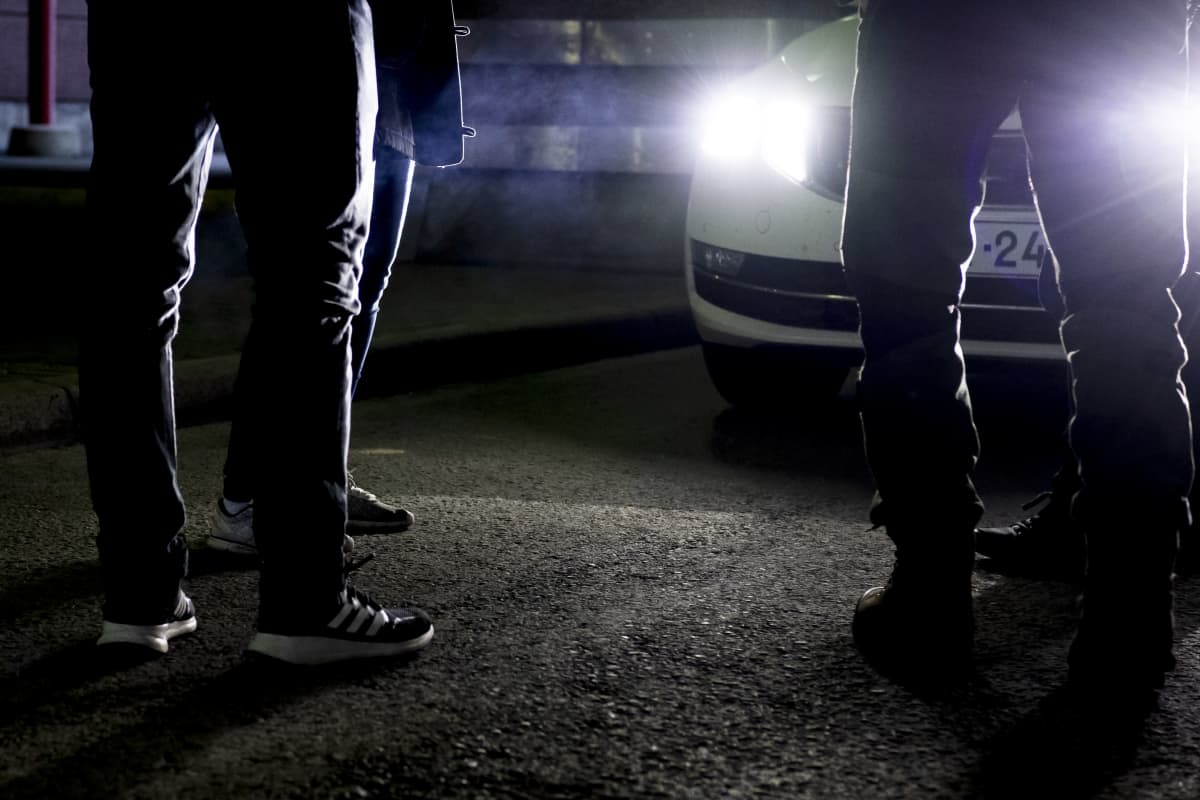
In Sweden, the problems are already so deep that it will take another generation to fix them, Svanberg believes.
The country's chief of police has warnedthat Swedish democracy could be threatened if violence and potentially developing parallel societies are not stopped. Experts interviewed by Yle do not believe this.
While the problems are serious, they relate to well-defined groups, they say.
Sweden is still a strong and functioning society, but it can become even more divided, says Amir Rostami.
He urges Finns to react strongly to the early signs of gang struggle.
- If we do not control development, development will control us. We had signals for years. Take them really, really seriously.
Corrected on 20 November 2021 at 9.10 the number of police officers in Finland from 7,300 to 7,450.
Listen to the Back to Pasila podcast:
Read more:
https://yle-fi.translate.goog/uutiset/3-12171659?_x_tr_sl=fi&_x_tr_tl=en&_x_tr_hl=fi&_x_tr_pto=nui
__



Ei kommentteja:
Lähetä kommentti
You are welcome to show your opinion here!